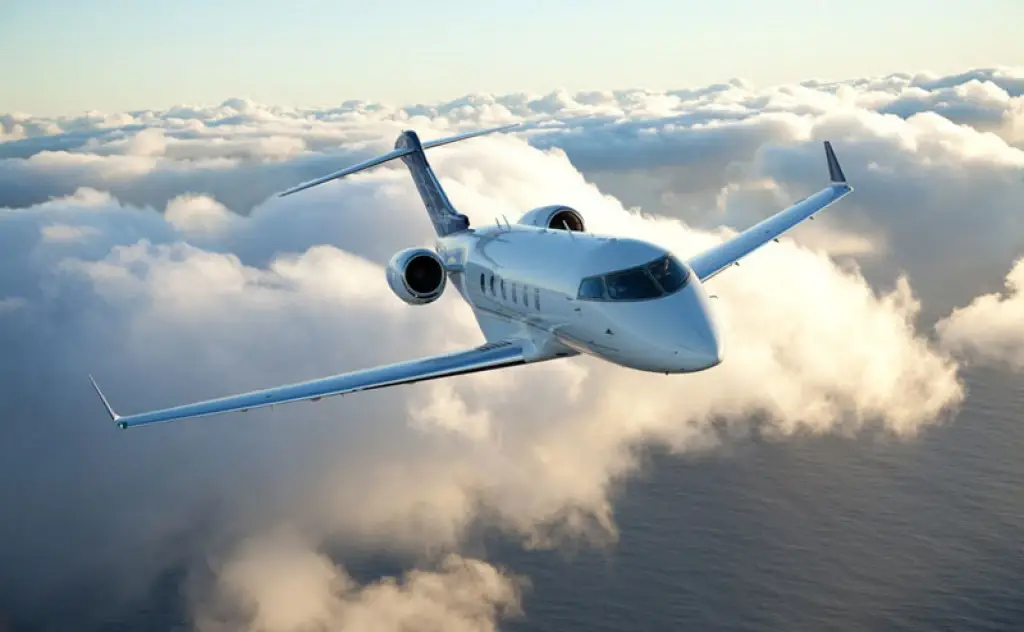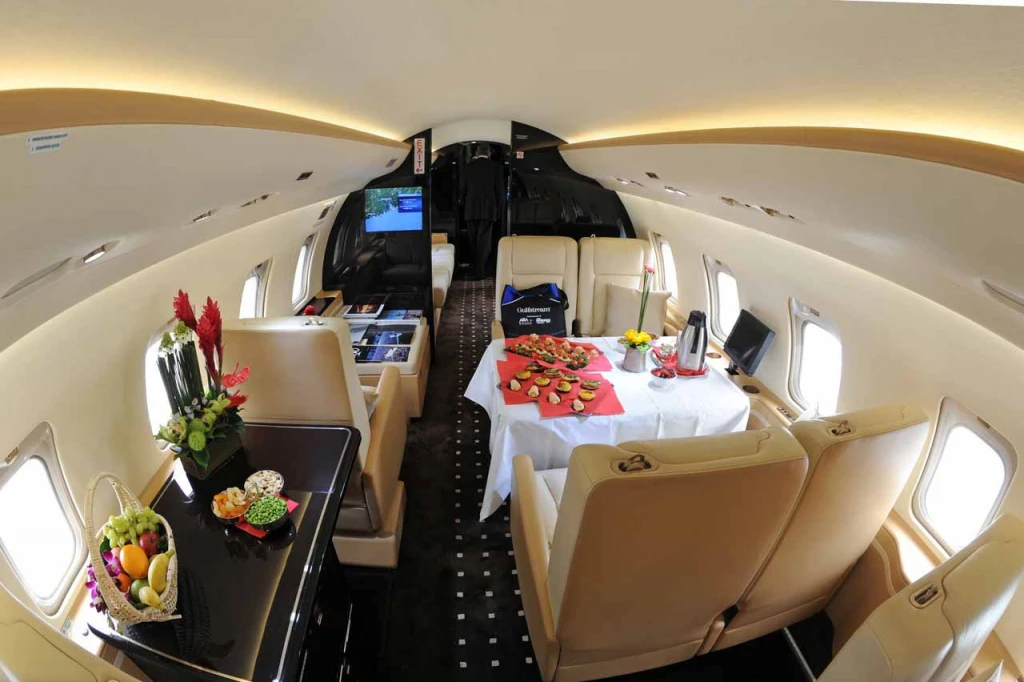With hundreds of operators in the US, and even more worldwide, the constant and ever changing field of charter aviation, the task of picking an aircraft and its operator can be qui
With hundreds of private jet operators in the US and even more worldwide, the task of picking an aircraft and its operator can be quite daunting. Luckily there are a few factors that help level the playing field and assist you in finding the best aircraft for your flight.
As a private jet operator, you can request an aviation audit to show your compliance with industry standards. There are two main safety audit programs in the US: Argus and Wyvern, but what do they mean, how can you make sense of them, and how do you know they can be trusted?
In this article, we will go over both Argus and Wyvern auditing services as well as one more program that is quickly gaining ground, in the US and around the world.
All three of the audit programs are thorough and work very hard to provide the very top standards in the industry.
No program in any business will be perfect, please do not take any of this article to be a criticism of the programs themselves, just a guide to how best to use them.
Let’s go in alphabetical order, starting with Argus.
Aviation Research Group United States (ARGUS)
The Aviation Research Group United States has two levels on which operators are classified: Gold and Platinum.
Argus looks at each operator’s maintenance records and audits how often the aircraft are inspected, whether FAA standards are met, etc. They also track the flight hours, pilot training and medical records for the pilots employed by the company.
An ARGUS rated operator must keep all of these records up to date with ARGUS to ensure that they will be cleared on each flight.
Prior to a flight, the operator is able to run a TripCheq, which is a trademarked report from Argus that enables the individual or broker to check their individual trip to ensure that the crew, the aircraft, and the trip meet the standards.
This last point is important, as the FAA does not allow every operator to fly to all locations around the world.
Many light jet operators may not have the approval to fly to Mexico, or to certain areas of the Caribbean.
As you can imagine Gold is the lower level for an operator and Platinum is the upper level.
Wyvern
Wyvern is the other audit program that many US operators (and a few Europeans) use to get third-party safety ratings. While the audit process and reports are very similar to ARGUS, there are a few differences.
The foremost difference seems to be the cost of the program. For only a fraction of an ARGUS audit, a company can become Wyvern approved.
This means that their records are on file with Wyvern, and you can run a Pass Report, similar to the TripCheq from ARGUS, but without the level of constant review.
Wyvern registered is essentially an entry-level for an operator, and many operators get this first as they are starting to build their fleet and reputation. It doesn’t mean the operator is subpar - it just means they are beginners in the game.
From there operators can become Pass Ready, which means they are somewhat guaranteed to Pass on all of their records; what comes next is Wyvern Wingman, which is the same as a Platinum status from ARGUS.
As you can see, both companies work hard to provide a stringent audit that looks at all aspects of safety in an operator, both present and past. They also look at past accident history as well.
Let’s face it though, this is a business, and the goal in any business should be to provide a valuable service, and make money doing it.
Companies that have been established for a long time can usually afford to get a Platinum rating and a Wyvern Wingman rating more easily. An equally or even better operator from the aspect of safety and customer service may not yet be able to afford the monthly Argus payment, and therefore only register with Wyvern.
It does not mean they aren’t up to the same standards, only that they are not at that level on the playing field yet.
Likewise, an Argus Gold or Platinum operator may obtain their rating, and yet still cut corners here and there to cut costs, and slip by the audit process.
We have witnessed a large jet that was operated by a major international operator, which was not properly maintained.
The aircraft owner (who was not aware of the issue) moved the aircraft to a new management company/operator, and in the process of going through the aircraft to put it on their own certificate, the new, and lesser rated company, found that the aircraft was poorly maintained, and spent 4 months and hundreds of thousands of dollars, fixing the mistakes of the other operator.
International Standard for Business Aircraft Operations (IS-BAO)
The third audit program we would like to bring up is a newer one that is far more stringent and should be recognized as a true badge of honor by any operator that carries it.
IS-BAO stands for International Standard for Business Aircraft Operations and was introduced by IBAC, the International Business Aviation Council.
This group saw a need for a new type of standard, one that covered an international community and looked beyond a paid audit.
While obtaining an IS-BAO certificate does require money, it is not a monthly payment to a business.
While Wyvern and ARGUS audit per FAA standards, IS-BAO audits by ICAO standards. These are the worldwide standards for aviation, and all civil aviation authorities have input and interaction with this group.
The bottom line is that while an audit from one of the three major groups should be required by you as a consumer; it is not the end-all and be-all of aviation safety.
Look for brokerages that put safety first and operators that have multiple ratings; make sure you get a check for their standards as well. Get a professional to help you find an aircraft for your flights, and that you diligently hold them accountable to review the safety status of that operator.
Over time, as consumers are more educated and demand higher standards, more operators will see that they must hold themselves to the standards that they represent as an industry. Let’s keep the skies safe!
Contact Paramount Business Jets to arrange a safe private jet flight 24 hours a day and 7 days a week at +1-877-727-2538.Alternatively, receive a quick charter quote online using any size aircraft, to and from any destination worldwide.








